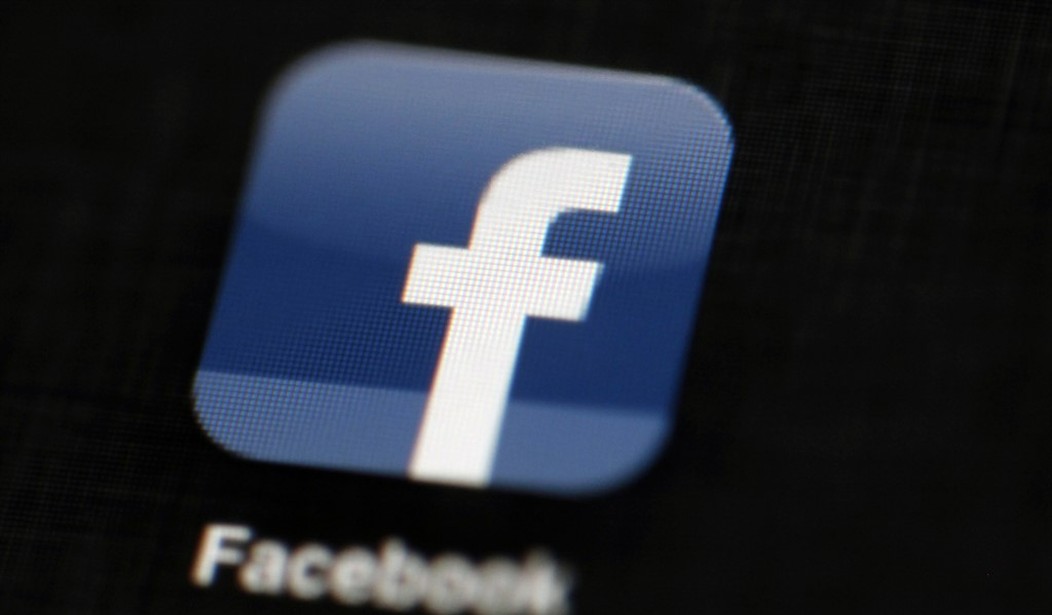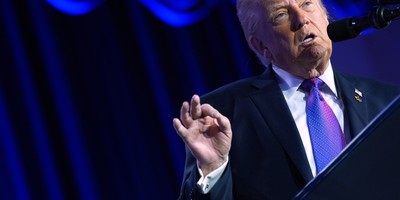That's right. After a year of getting the story consistently wrong, journalism gurus are pointing to phony stories not produced by the mainstream media. After the election, The New York Times ran a piece about Election Day titled "The Hoaxes, Fake News and Misinformation We Saw on Election Day." An example from the piece: A GOP mayor in Georgia tweeted that Republicans vote on Tuesday, 11/8, but Democrats vote on Wednesday, 11/9. Hello, Gray Lady; it was a joke. How desperate do you have to be to include that tweet as an example of misinformation?
"Fake stories and memes that crop up during live news events have been a problem on social media for years, but a wild election season has highlighted the news media's slow response to them," the Times' story began. Slow response? Au contraire, the media have been too quick to seize upon every little speck of dirt one can find surfing social media. Back in the day, TV news looked to newspapers for good stories; now producers troll Twitter for what they call "content."
Trump could spin out days' worth of free TV time from a single tweet -- two days on the tweet itself followed by two days on Trump's failure to react appropriately. ("We wouldn't even be discussing this," some droll expert would assert, if Trump had walked back his original offense.) Journalists always have been overly concerned with what people say as opposed to what they do. Trump understood how to exploit that preoccupation by mining the public's contempt for the media.
Recommended
Yes, I know that there are real "fake news' stories -- such as the one about the armed man, who fired off a round or two before he was arrested, who went to a D.C. pizzeria to investigate a bogus story about Hillary Clinton. Kudos to the good reporting that took apart the bogus "pizzagate" story. Thing is, for days before that incident, cable news was buzzing about "fake news" and the election -- as if hard-to-swallow conspiracy theories swayed those voters who had not decided between Clinton and Trump.
Methinks "fake news" would not be a ubiquitous story if Clinton had won the White House. It certainly wasn't news when Donald Trump won the GOP primary. "Fake news" got big when voters acted in a way that did not confirm the mainstream media's preconceptions.
There seems to be a cautionary tale in these "fake news" stories, as in: If only voters had heeded "real" news, then Trump would not be president-elect. But really, journalists have only themselves to blame for handing the reins of reportage to amateurs. If a candidate's remarks on social media confirmed the biases of most of the journalism class, then it was a cable news story. 2016 was the year of empty-calorie reportage. Fake news, bad. Junk news, our bad.

























Join the conversation as a VIP Member